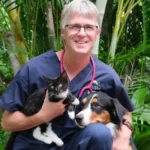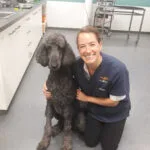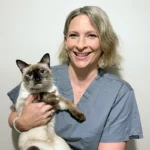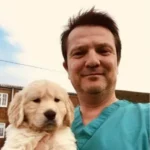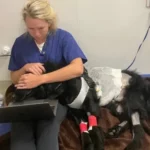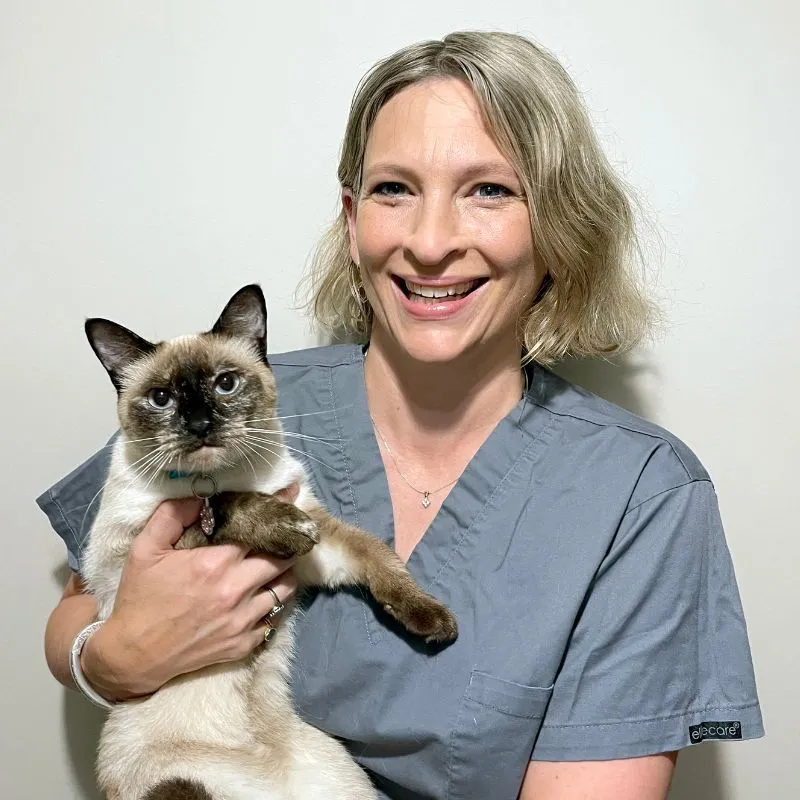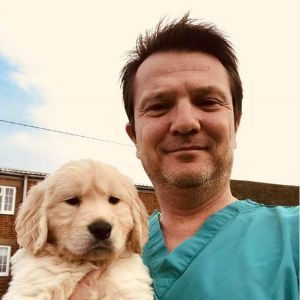Available for on-demand viewing!
July 15-25, 2024
Online Veterinary Conference 2024
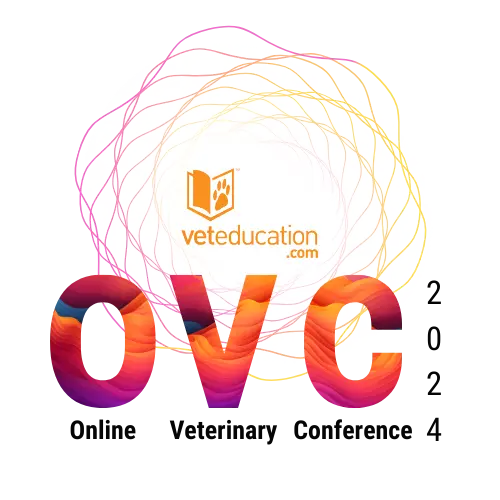
- 2 Weeks
- 15 Speakers
- 16 CPD Hours
- RACE-approved for 16 INTERACTIVE and NON INTERACTIVE points

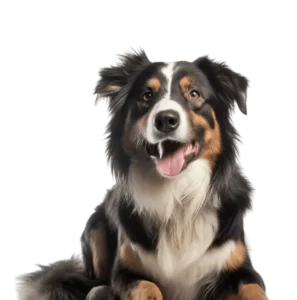
Learn from the comfort of your home!
15 - 25 July 2024 12:00 AEST & 19:30 AEST
About the Event
The 16th Annual Online Veterinary Conference
The Vet Education International Online Veterinary Conference is a 2-week online event, held every year since 2008. This event showcases some of the world’s top veterinary specialists and presenters. Running from July 15 – July 25, 2024, this is an event like no other – featuring 16 webinars, 15 speakers and a host of Member Benefits such as access to the Vet Education webinar library with a plethora of lectures and speakers!
With 2 webinars per day, from Monday through Thursday for each week of the conference, there’s plenty of time to absorb content, schedule family and work-life – without feeling like you’re stuck in a lecture room all day! You can attend the online live lectures or watch recordings later in your very own Vet Education Webinar Library!
Join the Biggest Online Veterinary Conference of 2024
The Vet Education International Online Veterinary Conference isn’t just about learning; it’s an extraordinary opportunity to connect and collaborate with veterinary professionals from all corners of the globe. Don’t miss out!
How to attend?
This conference is included in the Vet Education Annual Webinar Membership!
As a Vet Education Webinar Member, your membership benefits will include exclusive access to the Online Veterinary Conference – at no extra cost!
Entry to attend the OVC 2024
- Single Event
- 16 hours of CPD points
- Access to all the live lectures of the conference
- Get all conference related resources
- Access to the lecture recordings of the conference
Get the Lot!
- Annual Fee
- Everything in the Conference pass
- Access to The “Focus On” webinar series, The Online Toxicology Symposium, Online Vet Nurse/Tech Conference & more
- Get access to the exclusive Vet Education Webinar library which hosts over 300 archived lectures
- Get access to the Journal Library and the Procedural Video Library
- Exclusive benefits of being a Vet Education Webinar Member …and much more
Entry to attend the OVC 2024
- Single Event
- 16 hours of CPD points
- Access to all the live lectures of the conference
- Get all conference related resources
- Access to the lecture recordings of the conference
Get the Lot!
- Annual Fee for 5 Members
- Everything in the Conference pass
- Access to The “Focus On” webinar series, The Online Toxicology Symposium, Online Vet Nurse/Tech Conference & more
- Get access to the exclusive Vet Education Webinar library which hosts over 300 archived lectures
- Get access to the Journal Library and the Procedural Video Library
- Exclusive benefits of being a Vet Education Webinar Member …and much more
LIMITED TIME OFFER
First 50 users who sign up for the annual membership receive a A$30 gift voucher!
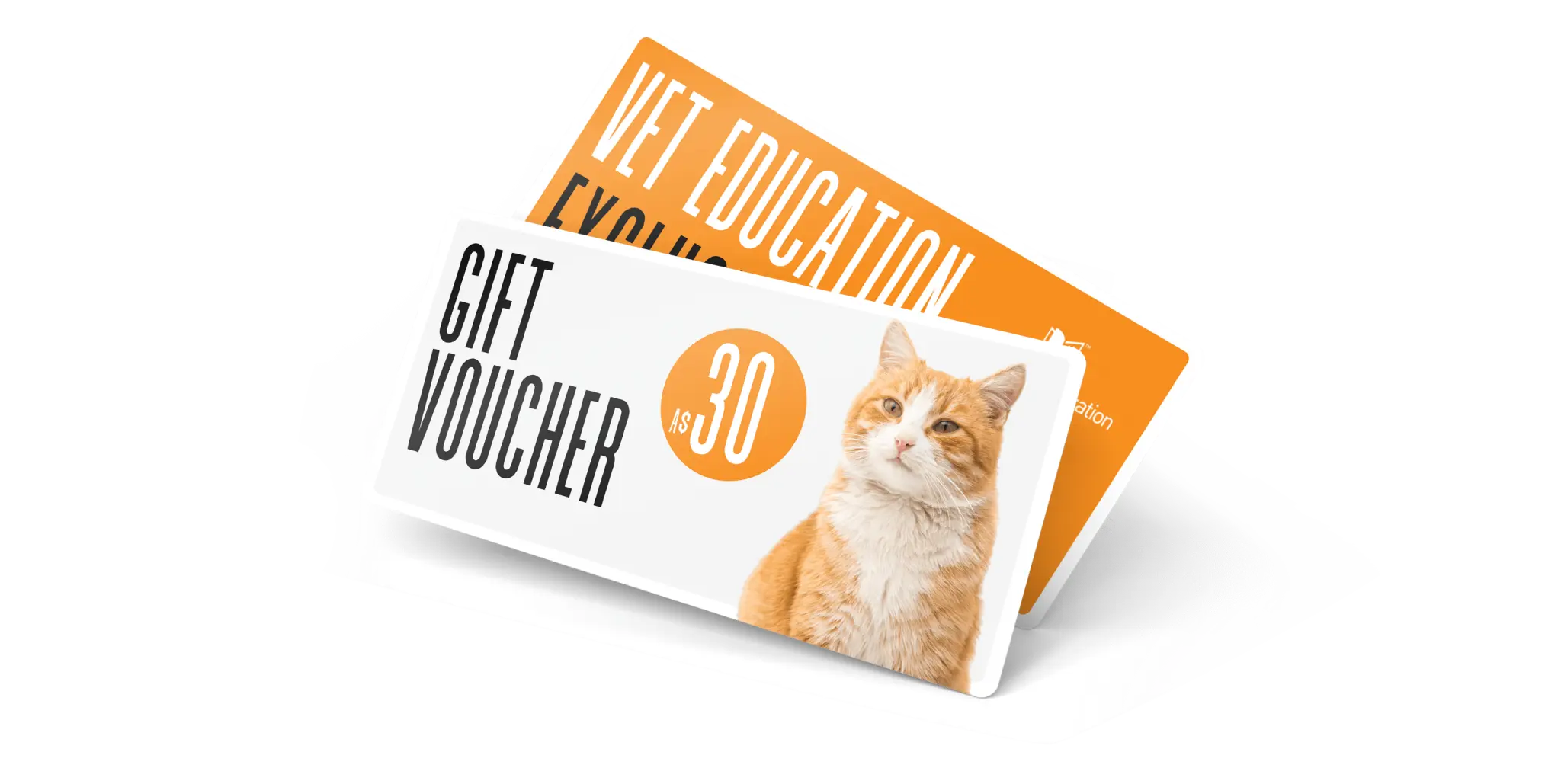
This voucher can be used to avail a flat A$30 discount while signing up for upcoming VetEducation courses and CPD resources.
* This offer is not applicable for users who purchase the conference pass and existing members who renew their membership.
16 Lectures over 2 Weeks
- Week 1: July 15 - 18, 2024
- Week 2: July 22 - 25, 2024
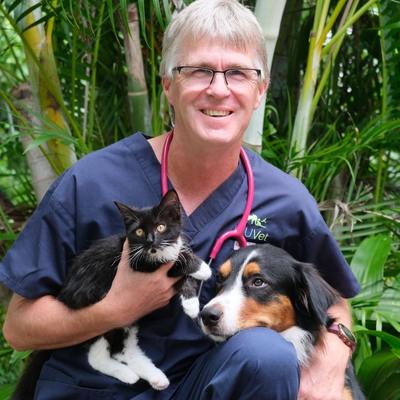
Dr Philip Judge
Updates in the Diagnosis and Management of Acute Kidney Injury
- July 15, 2024
- 12:00 AEST
- Check your local time-zone

Dr Fabio Procoli
Gut Feeling – Part 1: Diagnostic Approach to Feline Chronic Enteropathy
- July 15, 2024
- 19:30 AEST
- Check your local time-zone
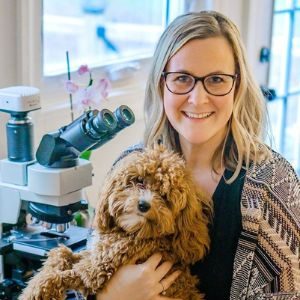
Dr Kate Baker
Cytology of Twelve Common Skin Neoplasms
- July 16, 2024
- 12:00 AEST
- Check your local time-zone

Dr Fabio Procoli
Gut Feeling – Part 2: Management Strategies of Feline Chronic Enteropathy
- July 16, 2024
- 19:30 AEST
- Check your local time-zone

Dr Lorrie Gaschen
Current Approach to Examination & Interpretation of the Feline Pancreas with Ultrasonography
- July 17, 2024
- 12:00 AEST
- Check your local time-zone
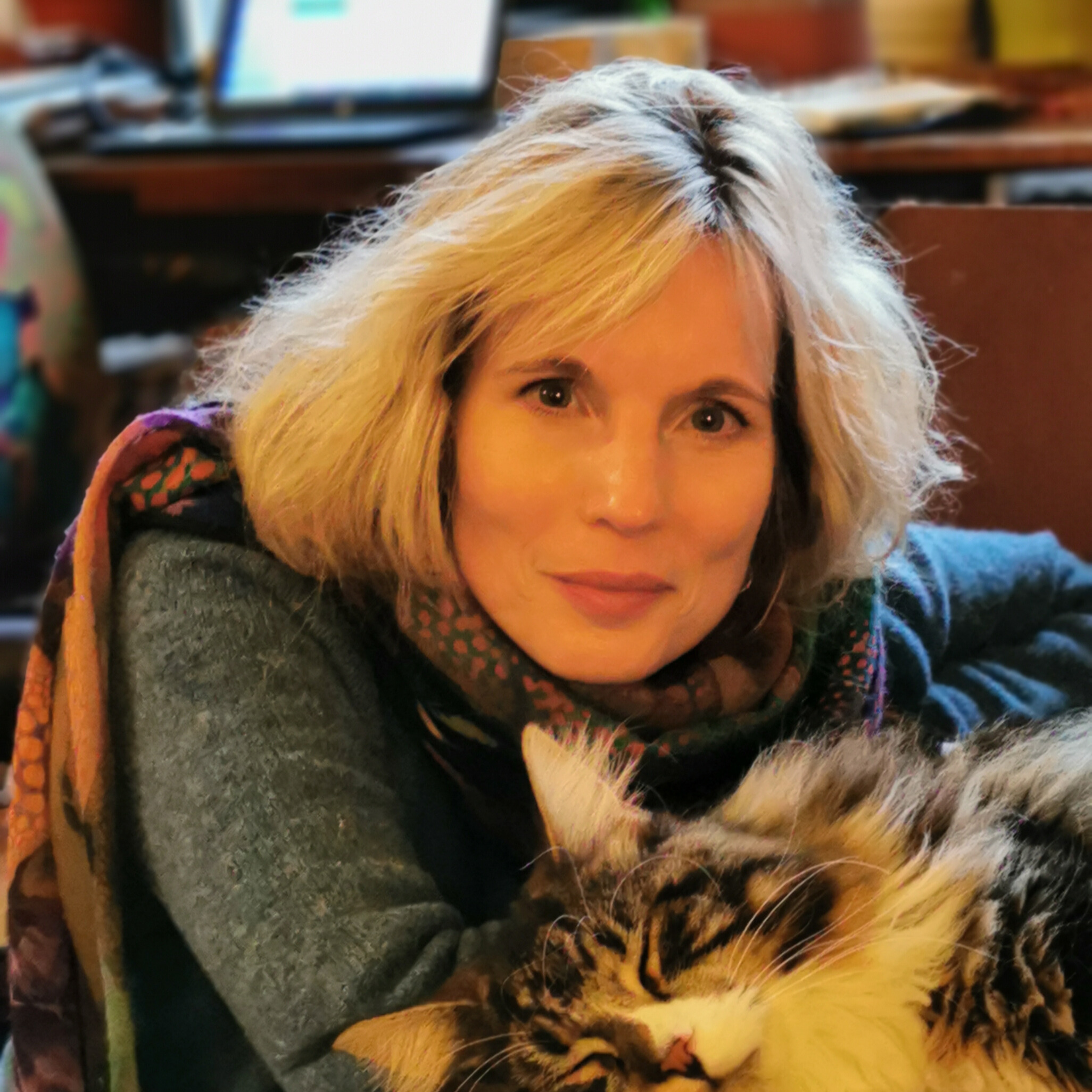
Dr Danielle Gunn-Moore
An Update of FIP and its Treatment
- July 17, 2024
- 19:30 AEST
- Check your local time-zone

Dr Stuart Walton
Feline Your Age: Comorbidities in Old Cats
- July 18, 2024
- 12:00 AEST
- Check your local time-zone
View Details

Dr Julian Lunn
Hernias and Traumatic Ruptures
- July 18, 2024
- 19:30 AEST
- Check your local time-zone
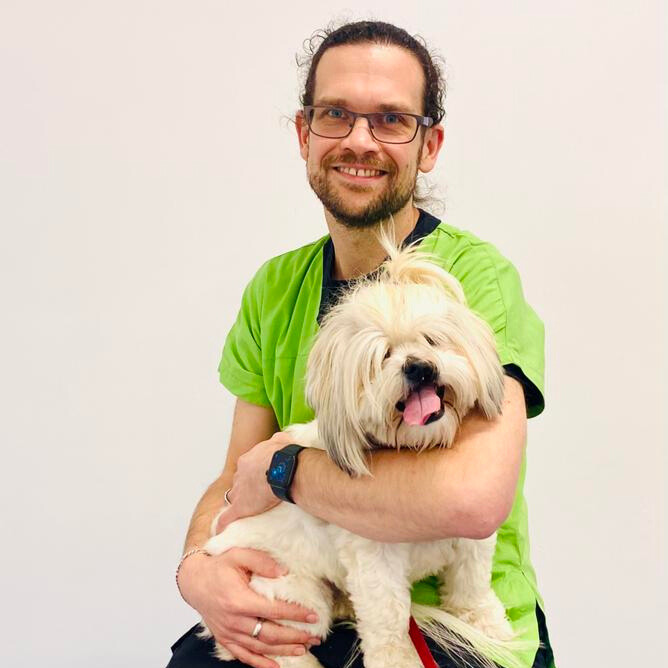
Dr Corrin Boyd
Current Concepts on the Use of Plasma & Albumin in the Critical Patient
- July 22, 2024
- 12:00 AEST
- Check your local time-zone
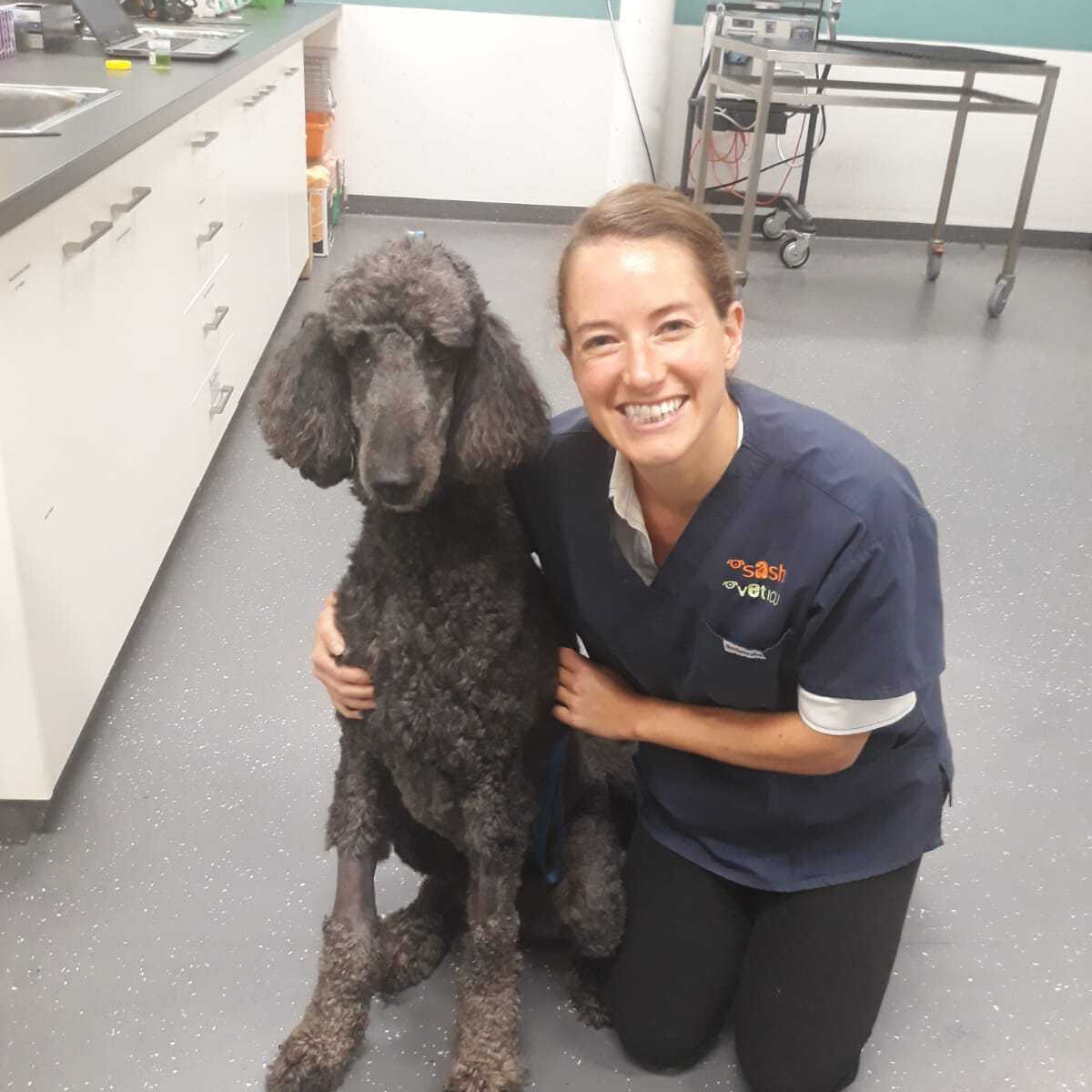
Dr Hannah Darcy
Clinical Updates on Feline Diabetes Mellitus
- July 22, 2024
- 19:30 AEST
- Check your local time-zone

Dr Chris Tan
When There is No Room for Error: What Makes Emergency Surgery Different
- July 23, 2024
- 12:00 AEST
- Check your local time-zone
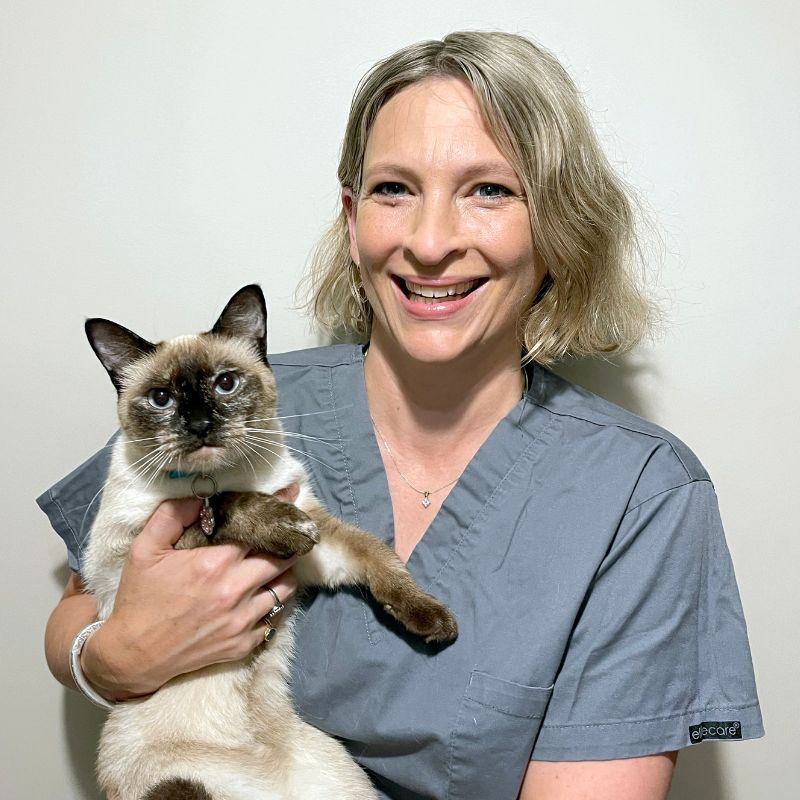
Dr Rachel Korman
What I’ve Learned the Hard Way – Feline Infectious Respiratory Disease
- July 23, 2024
- 19:30 AEST
- Check your local time-zone

Dr Leon Warne
Anaesthesia of Dogs & Cats with Cardiac Disease
- July 24, 2024
- 12:00 AEST
- Check your local time-zone
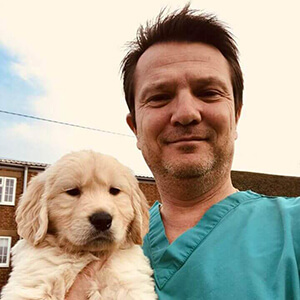
Dr Laurent Garosi
Decoding Darkness: Neurological Insights into Blindness
- July 24, 2024
- 19:30 AEST
- Check your local time-zone

Dr Elizabeth Giuliano
So you need an Ophthalmologist’s Expert Opinion?: The Art of a Good Referral
- July 25, 2024
- 12:00 AEST
- Check your local time-zone
View Details
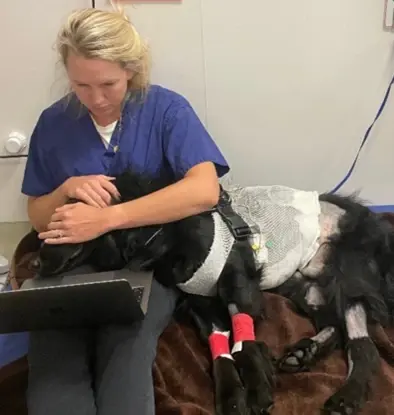
Dr Rachael Birkbeck
Diagnostic Tests for the Respiratory Emergency Patient
- July 25, 2024
- 19:30 AEST
- Check your local time-zone
View Details
Not sure if your team will get approval to attend OVC 2024?
What do you get as a webinar member?
50+ Hours CPD
At least 50 hours of webinars annually along with detailed notes, quizzes, and more.
Unlimited Access
Get FULL ACCESS to our huge webinar library of over 350 recordings!
Special Discounts
Get exclusive discounts when signing up for our courses and webinars all year round.
Certification
Get certificates of attendance to keep track of your continuing education.
Access to the Journal Library
Access and download a host of helpful journal articles from a wide range of topics!
Loads of Topics
Wide range of topics including small animal, equine, practice management and more!
FREE Access to Conferences
Get full access to the Annual Vet Education Online Veterinary Conference, Online Toxicology Symposium, Online Vet Nurse/Tech Conference, and Focus Webinar Series.
Stay Informed
Get automatic notice of all of our upcoming webinars! You won't miss a beat with our automatic invitations!
20% off on CRC Press Books
Vet Education webinar members get an exclusive 20% discount on a wide range of veterinary medicine reference texts by CRC Press.
Movie Nights
Join us for an evening where you can switch off, sit back, relax and enjoy the (virtual) company of fellow members – all while we watch a movie!
Join your colleagues from around the world!
Mark your calendars for the Vet Education International Online Veterinary Conference, the pinnacle of online veterinary education. Join us from July 15 to July 25, 2024, and embark on a transformative learning experience that will shape the future of your veterinary practice.
Don’t miss out on this unique opportunity to learn from the world’s top specialists, connect with a global network of veterinary professionals, and gain the tools and insights needed to excel in your field. Get ready to unleash excellence and be part of an event that will inspire, educate, and propel you toward veterinary greatness.
Don't miss out!
Frequently Asked Questions
Registering for the conference is easy! Simply sign up for our annual individual or practice membership. As a Vet Education Webinar Member, your membership benefits will include exclusive access to the Online Veterinary Conference – at no extra cost!
However, that is not all – you get access to our other events for a full year! Click here for details.
Absolutely! This event has 16 hours of lectures.
For Veterinarians in Australia and New Zealand, this would amount to 16 hours of structured CE.
For those that need RACE points, this event is RACE-approved for 16 points [Category- medical, non-interactive]
For most countries globally – 16 hours of CE is accepted.
Upon completion of each webinar, you will receive a certificate of attendance that can be used to fulfill your CE requirements.
Yes! We understand how busy life can get, so we provide on-demand access to all conference webinars.
If you miss a live session or want to review a particular topic, you can access the recorded webinars at your convenience during the conference period and beyond.
The conference pass only includes access to the live lectures, conference resources, and webinar recordings of the conference lectures (limited time).
Got any more questions?
If you don’t see the answer to your question here, please don’t hesitate to contact us directly.
info@veteducation.com
+61 7 2139 9877 (Australia)


